Now, airplane turnarounds in fraction of the time, thanks to RFID
24 Jun 2008
A new project by the Cambridge University could help cut airport delays by streamlining the chain of operations that prepares an aircraft for its next flight. The project could reduce aircraft turnaround delays by a quarter, saving airline industry more than just substantial sums of money.
According to the University of Cambridge, the initiative will trial the latest automated identification technology, such as tiny electronic tags that feed information back to computers, to examine how it could be used to speed up airport operations by making equipment and processes more visible, resulting in dramatic improvements at airports around the world.
Earlier research carried out by the University's Institute for Manufacturing showed that the use of Auto-ID Technology and better data-sharing between airlines, ground-handlers, fuellers and caterers could cut delays in aircraft turnaround times by 25 per cent. At the UK's 10 biggest airports alone, that would generate annual airline savings of £160 million, and more importantly reduce pressure on overstretched airport facilities.
A MET Office study in 2005, which examined delays at the UK's 10 biggest airports, estimated that the costs of delays to those airports was £650 million per annum. By cutting the turnaround process by 25 per cent, researchers at Cambridge estimate that they could therefore incur savings of £160million per annum.
Professor Duncan McFarlane, from the Institute for Manufacturing, said, ''The project will explore how key parties involved in airport operations, such as airport authorities, airlines, ground handlers, maintenance organisations, fuellers and caterers can work together seamlessly and effectively. Data sharing mechanisms between these key parties will be examined, allowing them to recognise and share problems quickly and work together to minimise or resolve airport delays as they occur."
Duncan McFarlane is Professor of service and support engineering at Cambridge, and head of the Distributed Information and Automation Laboratory at the IfM.
Given the rising volumes of air traffic and escalating fuel prices, along with tighter security controls, airports are increasingly vulnerable to system-wide breakdowns which potentially result in delayed flights, long queues, lost baggage and wasted time, as well as rising costs for the companies involved.
The university says that many of these delays occur as a result of bottlenecks in the sequence of activities that take place between consecutive flights, including baggage handling, refuelling, maintenance tasks and passenger transfer. It says that because the companies carrying out these tasks don't always share information, a breakdown somewhere along the line can cause a system-wide snarl-up.
Over the last few years, in a range of different initiatives, airports have tested different types of Auto-ID technology which could potentially track different items, though till now the technology has never been used on an airport-wide basis to speed up aircraft turnaround, which will be the focus of the Cambridge project.
Researchers plan to test the use of Radio-Frequency Identification (RFID) tags to provide visibility of different assets used in airport operations, such as ground equipment. The tags would be fitted to items like bags, baggage containers and catering trolleys, and would then feed information back to computers used by different service teams on the ground, alerting them to problems and keeping them up-to-date with the plane preparation progress.
"The need for more efficient airports is at an all-time high," Professor MacFarlane added. "While we can't put an end to flight delays, we could be taking measures to ensure that delays are dealt with effectively and guarantee that planes are ready for their next flight sooner.
"At present the companies who refuel the plane, caterers, baggage-handlers and the airline itself are not sharing information in the best possible way. That means that if, for example, there is a change at the gate at which a plane is due to arrive, that information might not reach everyone involved. Fuel trucks, ground equipment, bags and passengers can end up arriving at the wrong place and that leads to knock-on delays around the airport.
"Auto-ID technology would not only make life easier for service teams; it would also eliminate time-consuming tasks such as counting passengers or establishing that all the luggage is on board. The result should be that aircraft unload, refuel and are ready for their next flight at optimum speed."
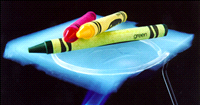




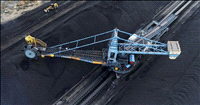






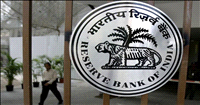
.jpg)
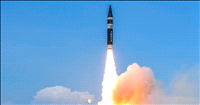

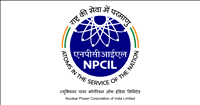


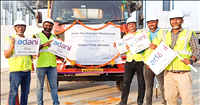
.jpg)









